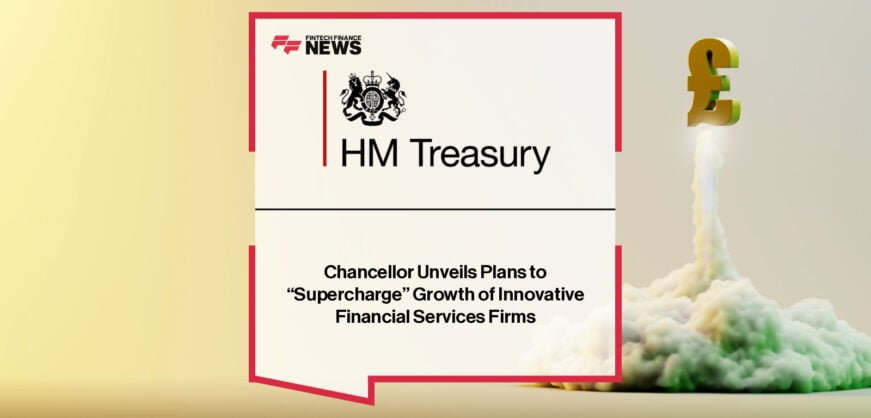Breaking News

Barclays Urges Action as Investment Scams Rise by 29 Per Cent – With 6 in 10 Falling Victim on Social Media
Investment scams accounted for a third (33 per cent) of all money customers lost to scammers in 2023, up 23 per cent year-on-year, according to Barclays data. Of all scam types, investment scams made up the greatest share of total claim values, with the volume of investment scams increasing by almost a third (29 per cent).
This spike is being fuelled by scammers taking advantage of their ability to promote unverified financial adverts on social media sites; more than 6 in 10 (61 per cent) investment scams now take place on these platforms.
Believing that they are investing in their future, investment scam victims are claiming an average of £14,313 – over five times more than the overall average scam claim. Barclays data shows millennials and men are particularly susceptible – men’s average investment scam claim increases to £16,306, while claims by young people aged 21-40 account for 48 per cent of all investment scams.
Whilst scammers target potential victims in a number of ways, adverts purporting to offer high-return investment opportunities are a common tactic – with a quarter (23 per cent) of young people saying that they’ve spotted what they believe to be an investment scam advertised on social media2. Almost one in five young people (17 per cent) have been contacted on social media by an individual offering an investment opportunity and one in every 10 people in the UK (11 per cent) know someone who has fallen victim to an investment scam.
A common trick that scammers will play is to get their victims to invest a small amount at the start – this then seemingly returns high rewards, which the scammers pay out from other victims’ money. This often convinces the victim that the investment is legitimate and in-turn leads to larger amounts being lost to the scammers, often over a long period of time.
As testament to the importance of due diligence, analysis of data from the FCA’s consumer helpline shows that there has been a sharp spike in investment scam-related calls, up 193 per cent in the last five years. The data also reveals investors have saved £2 million by identifying when purported investment opportunities were too good to be true – either by spotting spelling, grammatical or formatting mistakes, or by realising that requests for personal information were suspicious.
Stephanie Mac Sweeney, Head of Fraud Strategy at Barclays said: “It’s worrying to see such a rise in investment scams – with victims often heartlessly scammed out of large sums of money that they have been saving for their future. The banking industry works hard to educate, identify and intercept scams, but the only way to drive real change is to target these scams at their source. With the majority of investment scams now taking place on their platforms, social media firms must take responsibility, act on their promises and deliver a robust verification system to protect innocent people from falling prey to fraudulent investment adverts.”
People In This Post
Companies In This Post
- FF Tattoo Studio: Fenergo on Native ID&V and the Fight Against FinCrime Read more
- Generative AI in Banking: From POCs to Front-Office Impact Read more
- EXCLUSIVE: “Chain Reaction” – Sergey Nazarov and Fernando Vazquez, Chainlink in ‘The Paytech Magazine’ Read more
- FF Tattoo Studio: Datavillage on Privacy-First Data Collaboration and Faster Fraud Investigations Read more
- Chancellor Unveils Plans to “Supercharge” Growth of Innovative Financial Services Firms Read more


















